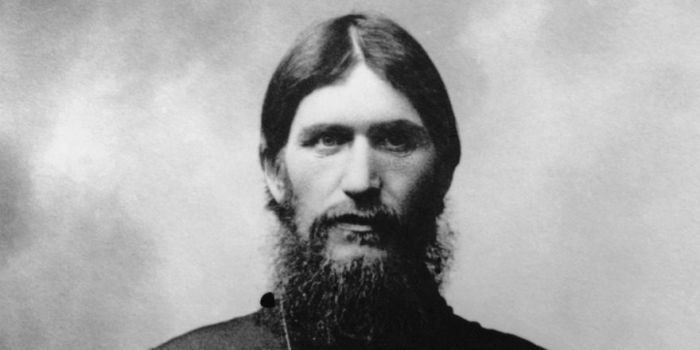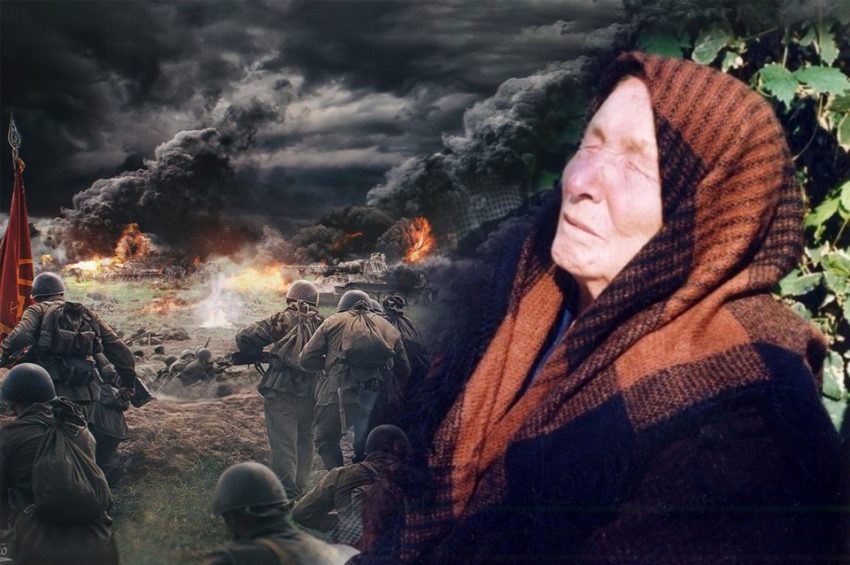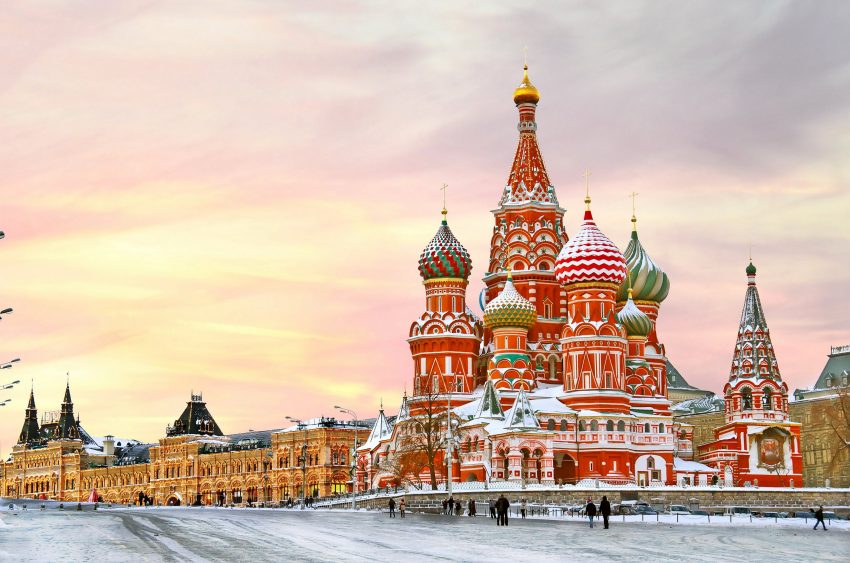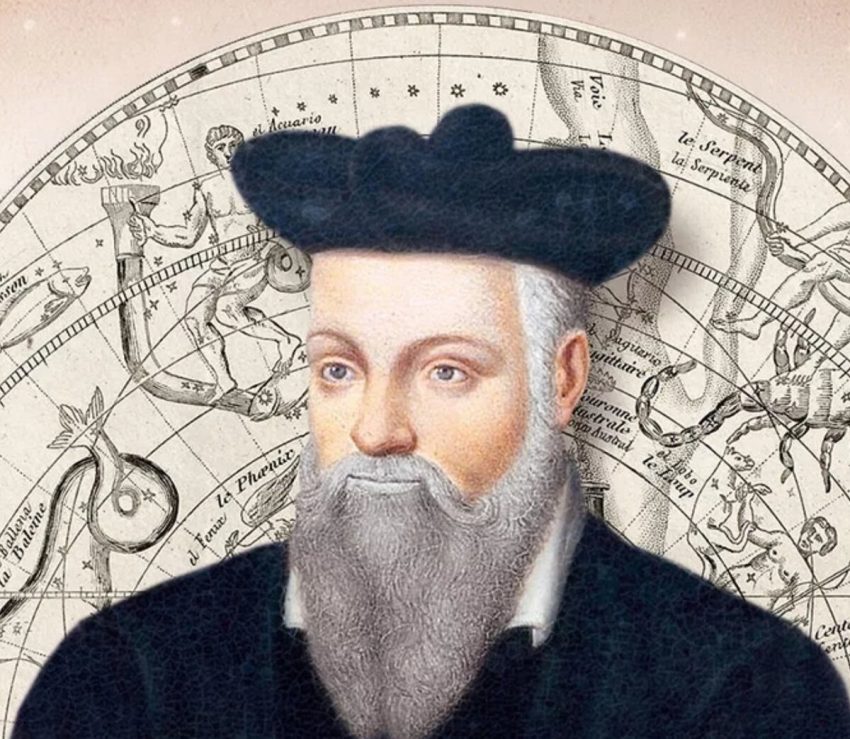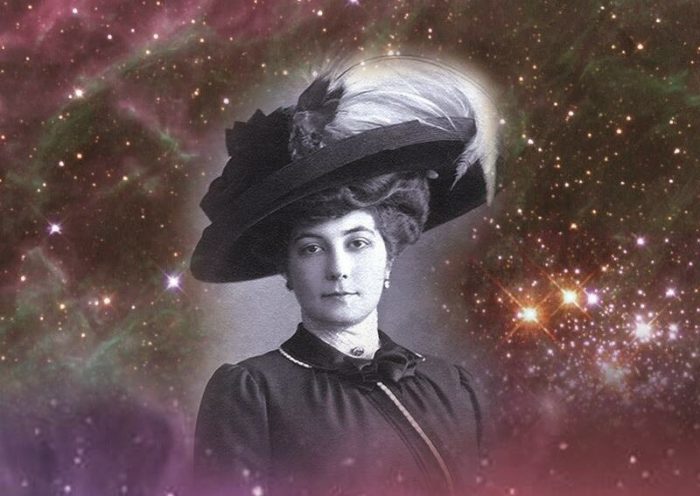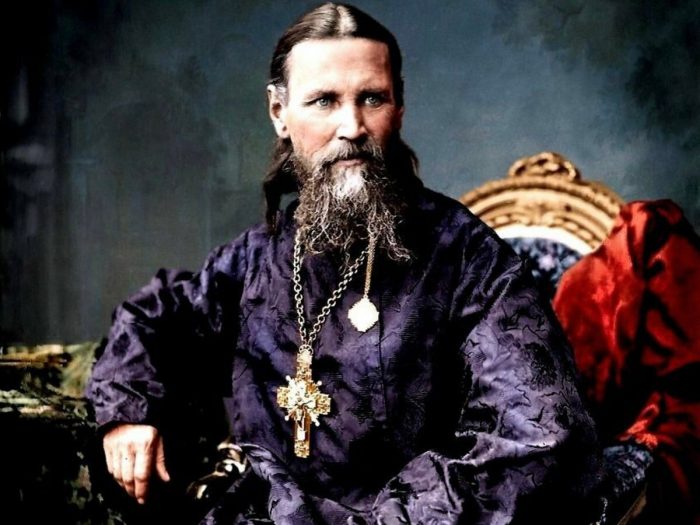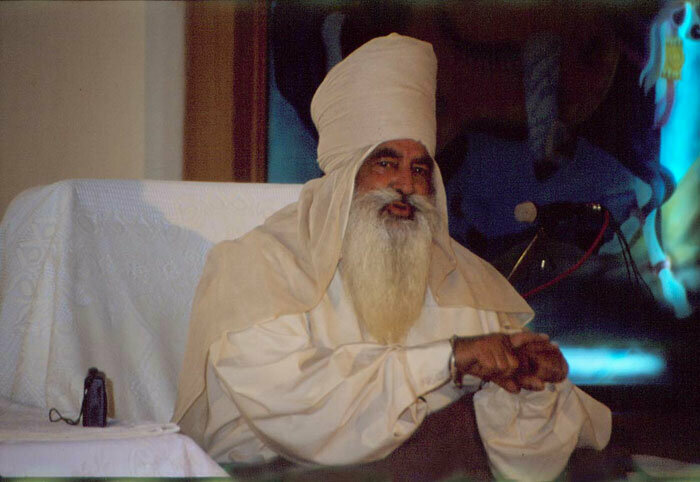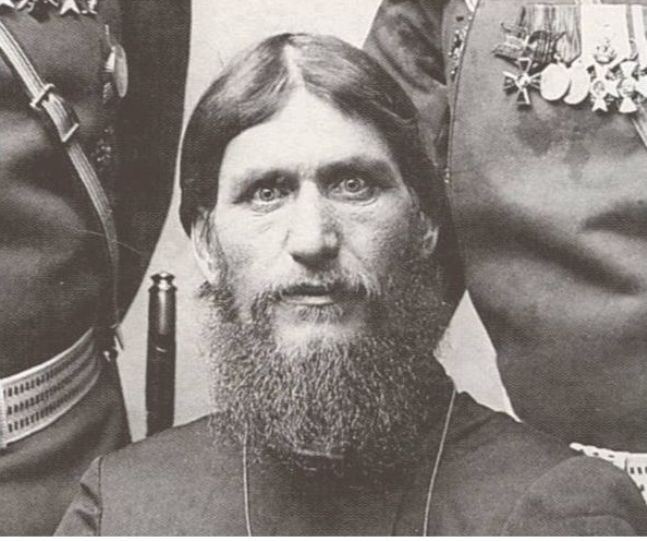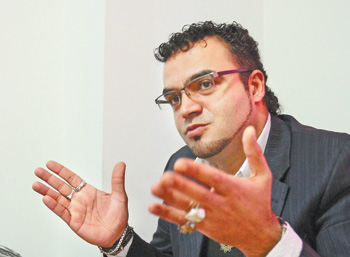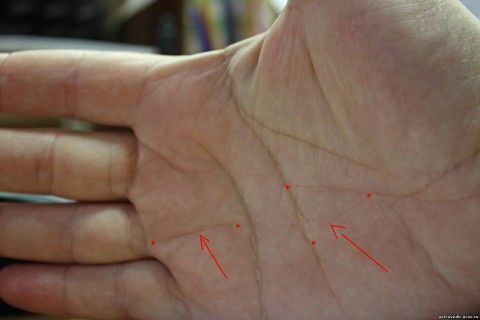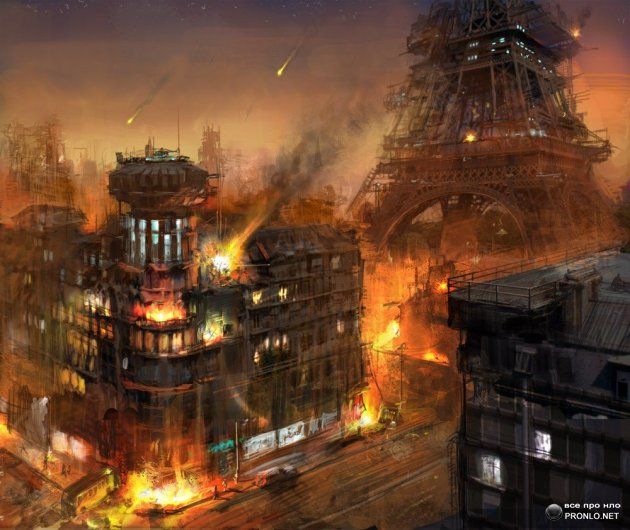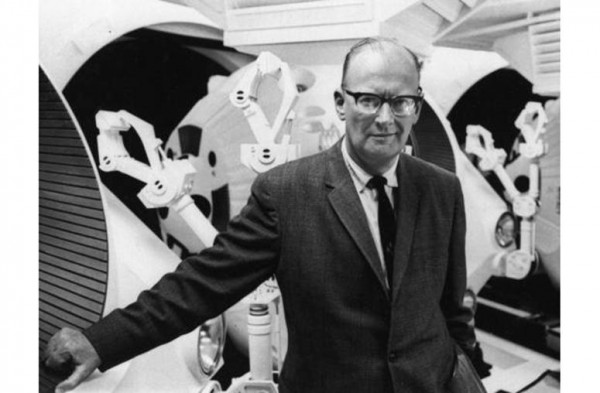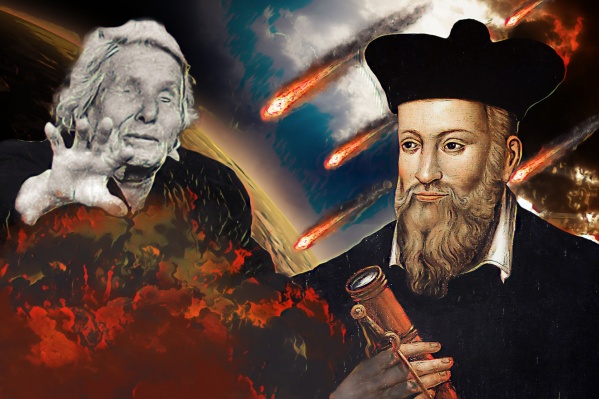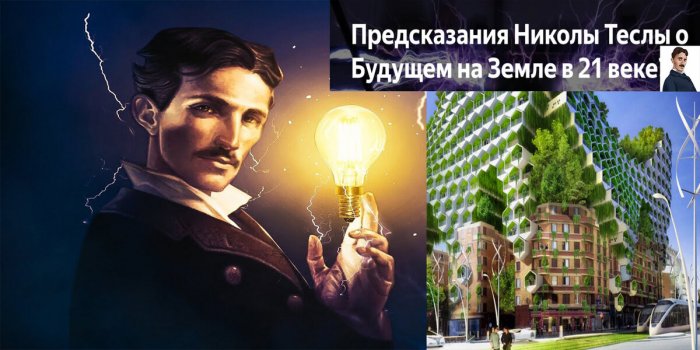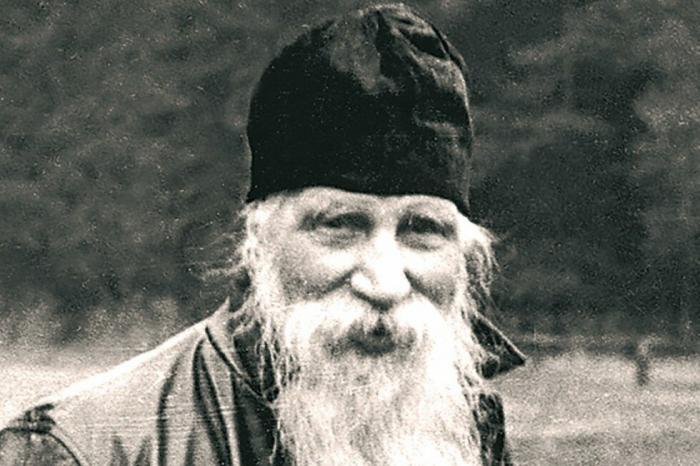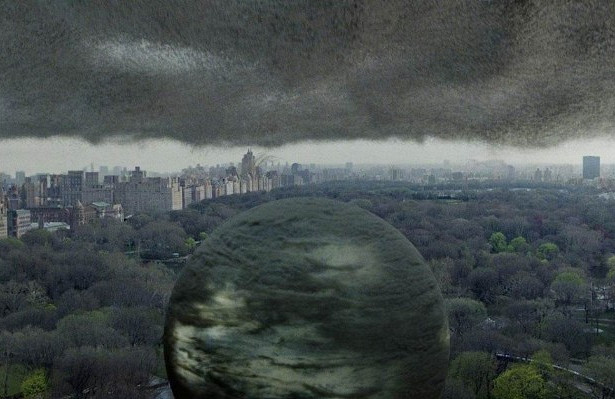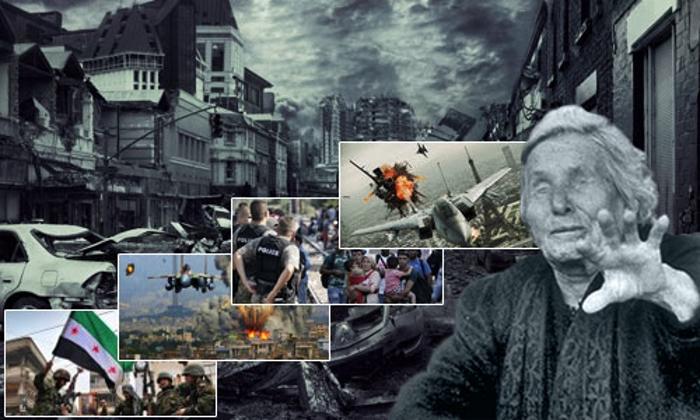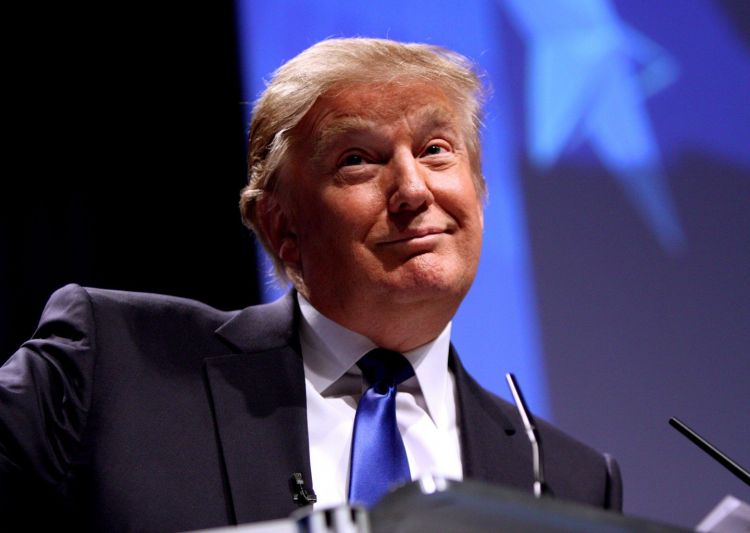35 years ago, Isaac Asimov was asked to describe the world of 2019. Here is what he replied (7 photos)
Isaac Asimov was one of the most celebrated and prolific science fiction writers in the world, writing over 500 fiction and non-fiction books. Most of his books are non-fiction. So he can be called a successful popularizer of science, The Star is sure.
 The terms from his books took root in the English language, he introduced the concept of robotics and formulated its three laws. Asimov became a multiple winner of the Hugo, Nebula and Locus awards. And some of his works took 3 awards at once.
The terms from his books took root in the English language, he introduced the concept of robotics and formulated its three laws. Asimov became a multiple winner of the Hugo, Nebula and Locus awards. And some of his works took 3 awards at once.
35 years ago, the Canadian edition of The Star asked Isaac Asimov to write a forecast article for 2019. The year was not chosen by chance. Orwell’s 1984 was published in 1949, 35 years earlier. The journalists seemed curious to find out how our world will change in another 35 years. Asimov gave his version of the development of events.
What predictions came true?
From Asimov’s point of view, in 2019 humanity should be concerned about the three most important things:
- Mass computerization.
- The likelihood of nuclear war.
- Use of outer space.
Asimov predicted computerization surprisingly accurately, although in the early 1980s, few people believed in the massive development of this area. Moreover, the science fiction writer made a number of additional conclusions from his prophecy, which are also coming true today. The possibility of nuclear war also remains, despite the fact that the USSR no longer exists. But the active use of outer space by mankind did not work.

1. Mass computerization.
Asimov considered computerization inevitable. In his opinion, by 2019, society will reach a level where it simply cannot exist without computers, which will be used in the economy, industry, and in every home.
This prophecy has definitely come true: today there is a PC in almost every home, even in third world countries.
2. Disappearance of some professions.
This fact, from Asimov’s point of view, is an inevitable consequence of computerization. But this will not please everyone. It’s not even that computers will take away people’s jobs. The need for a whole series of professions will simply disappear: any office work, any assembly, any mechanical repetitive work will be automated. Computers and the robots controlled by them will begin to perform them, and they will do it more quickly and successfully.
The prediction also came true: before 2019, a number of professions, such as telephonists and stenographers, have already disappeared, and dozens of other specialties are expected to disappear from the market by 2020. Moreover, this is due precisely to automation and the development of computer control systems.

3. Changing the concept of education.
The advent of computers and related changes in the labor market, according to the writer, will require fundamental changes in the approach to school and college education. First of all, it must be computerized. If before industrialization a person could survive without being literate, then in 2019 it will be impossible without the ability to handle computers and navigate the new high-tech world.
The futurist predicted the disappearance of teachers. By 2019, they may well be replaced by computers, and children will be educated at home – not according to the standard school curriculum, but at an individual pace and in accordance with their own interests.
In general, this prediction can also be considered, if not fulfilled, then actively coming true.

4. Growing problems with the environment.
The consequences of human irresponsibility in terms of waste and pollution will become more and more obvious and unbearable over time. Trying to cope with this will become more strenuous. Hopefully, by 2019, advances in technology will provide us with the tools to help reverse environmental degradation.
The first half of this prediction came true: there are indeed environmental problems. But with the second one, a mistake came out: modern scientists have not yet been able to offer a way out of this crisis.
What did not come true (but, perhaps, still will come true).
There are other moments in which human society progresses more slowly than the astute science fiction writer expected. Here they are.
1. Robots in every home.
Asimov, as the author of the laws of robotics, on the eve of 1984 was sure: “A mobile computerized object, also known as a robot, has already penetrated the industry. In the next generation, it will infiltrate every home.”
Until this happened. Unless, of course, we do not consider robotic vacuum cleaners, smart coffee makers and kettles with Internet access to be full-fledged “mobile computerized objects”.

2. Successful space exploration.
By 2019, according to Asimov’s forecasts, humanity will return to the Moon with renewed vigor and even create a colossal manned station there, whose employees will extract minerals and produce building materials from them necessary for the construction of other objects in space.
The science fiction writer also assumed the launch of global industries into orbit (this would reduce environmental pollution on the planet) and the creation of a huge space power plant to collect solar energy and transfer it to Earth.
But something went wrong.
3. World peace.
The need to solve social, educational, environmental, space issues, on which the existence of our civilization directly depends, should force humanity to unite.
There will be increased cooperation between nations and groups within nations, not because of a sudden rise in idealism or decency, but because of the cold-blooded realization that lack of cooperation means doom for all.
Asimov thought so, predicting even the creation of some semblance of a world government. Alas, in this matter the legendary science fiction writer again turned out to be too optimistic.

Why is it so difficult to predict the future of technology?
It is possible to use observations such as Moore’s law to predict the main types of technological advances we should see in one, two, or even five years. But the difficulty is that it is impossible to predict the many innovative ways in which the next generation may use these major advances.
As you can see, Isaac Asimov’s predictions came true by at least 60-65%. Do you think that if he were alive, he would be disappointed in humanity?


